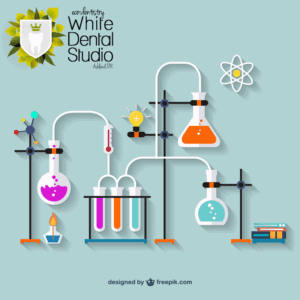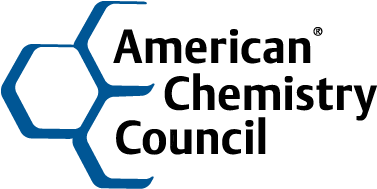Chemistry has been an area of science that has seen tremendous growth and development throughout the ages. From the earliest days of experimentation, to the modern day research laboratories, chemistry is a field that continues to fascinate and challenge us. We are constantly seeking new ways to answer questions about our universe and how it works. In this article we will explore the history of chemistry, as well as its current advances and applications. Finally, we will look at the future of the field and the potentials it holds. https://safrole.com/knowledge-base/ .
The Ancient Origins of Chemistry
It’s no surprise that some of the earliest evidence of chemistry dates back to 3200 BC in Ancient Egypt and Mesopotamia. The two cultures were known for their use of metals, with early copper smelting being a primary activity. They also engaged in pottery making, used herbal medicine, and practiced animal husbandry. Early chemists were driven by curiosity and sought to improve everyday life through experimentation. This eventually led to the separation of elements and the first steps into understanding the periodic table.

The Rise of Alchemy
Alchemy was an important element of the development of chemistry. This was a spiritual practice in which practitioners sought to transform base materials like lead into gold. It involved the use of magical spells and religious rituals. While today we know there is no such thing as a real alchemist, the era was important for advancing many of the concepts that would become part of modern chemistry. This includes ideas such as the transmutation of elements and the dissolution of substances.
The Age of Enlightenment
The 18th century was a landmark period for the development of chemistry. At this time chemists began to make scientific observations and began to identify the unique properties of different substances. This led to the formulation of the law of conservation of mass, which states that matter can neither be created nor destroyed. This period saw the rise of famous figures such as Antoine Lavoisier, who made important discoveries in the field.
Modern Chemistry Applications
Today, chemistry plays an integral role in many aspects of our lives. Its applications extend across all areas of science, from biology to ecology and even physics. Chemists are responsible for many of the products we use on a daily basis, from medicines to fertilizers. The field is ever evolving and scientists continue to discover new things every day.
Innovations in Chemistry
The 21st century has seen significant advances in the field of chemistry. Thanks to advancements in technology, chemists now have sophisticated tools at their disposal. These include powerful computers and machines capable of carrying out complex experiments. This has allowed for further exploration into fields such as nanotechnology, which involve manipulating matter on a molecular level.
The Future of Chemistry
What lies ahead for the field of chemistry? Some believe it has the potential to solve major global problems such as climate change and energy shortages. Others argue that it could lead to the creation of entirely new materials and substances. Whatever the outcome may be, it’s clear that chemistry has a bright future and will remain a major scientific field for many years to come.



